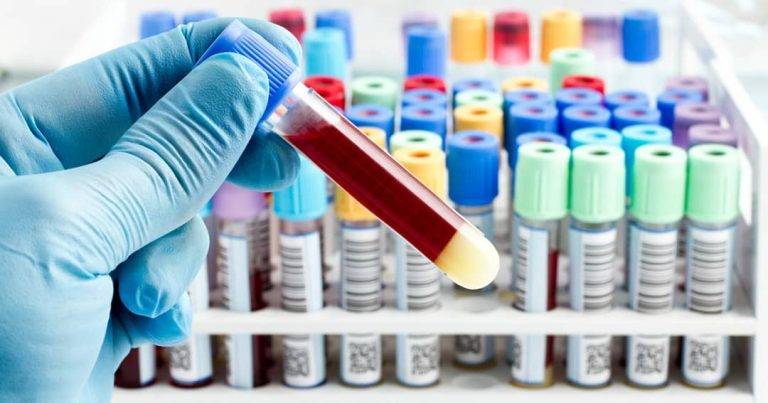Cancers screening could be revolutionised by a blood test that can identify signals of 19 malignancies seven years before symptoms appear. Oxford University researchers discovered blood proteins connected to a number of cancers, some of which were discovered up to seven years before a diagnosis was made.
Better cancer results depend on early detection, and this test could greatly increase survival rates. Thanks to fresh research findings, two cancer researchers expressed hope about the possibility of using tailored medications to prevent cancer. This study could lead to the development of preventative treatments, which would be a major advancement in the fight against cancers.
“Preventing cancer means looking out for the earliest warning signs of the disease,” stated Dr. Iain Foulkes, Executive Director of Research and Innovation at Cancer Research UK, which provided funding for the study. This calls for extensive, laborious research to identify the chemical cues that demand our full attention.
“The most effective way to give people longer, better lives free from the fear of cancers is to offer preventative therapies, and the discoveries from this research are the critical first step towards that direction.” “This research brings us closer to being able to prevent cancer with targeted drugs – once thought impossible but now much more attainable,” said Dr. Karl Smith-Byrne, senior molecular epidemiologist at Oxford Population Health.
“These studies are important because they provide many new clues about the causes and biology of multiple cancers, including insights into what’s happening years before a cancer is diagnosed,” says Professor Ruth Travis, a senior molecular epidemiologist at Oxford Population Health.
With the use of current technology, it is possible to examine thousands of proteins from thousands of cancer cases and determine which proteins are involved in the genesis of particular malignancies and which may have effects that are similar to several cancer kinds. In the first trial, blood samples from around 44,000 Britons were analysed, 4,900 of whom received a cancer diagnosis later on. The group examined 1,463 proteins using proteomics, a kind of study that looks at proteins to understand how cancer arises and spreads.
Subsequently, they contrasted these differences between British individuals who received a cancer diagnosis and those who did not, determining which could be connected to the illness. Each year, hundreds of thousands of people receive a cancer diagnosis; the most prevalent forms are lung, colon, prostate, and breast.
Three years prior to a cancer diagnosis, 182 different proteins were discovered in the blood by scientists. In the second study, scientists examined genetic information from over 300,000 cancer cases to determine which blood proteins were implicated in the onset of cancer and might be targeted by novel therapeutic approaches.
The chance of developing nine different types of cancer—bladder, breast, endometrial, head and neck, lung, ovary, pancreatic, kidney, and malignant non-melanoma—was discovered to be influenced by forty different blood proteins.

Cancers
However, scientists pointed out in a paper published in the journal Nature Communications that while changing these proteins could either raise or lower a person’s risk of getting cancer, it could also occasionally have unforeseen consequences. To determine which proteins are most trustworthy to test for, what tests could be created to identify the proteins in a clinic, and which medications could, more research is necessary.
Source: vanguardngr.com










